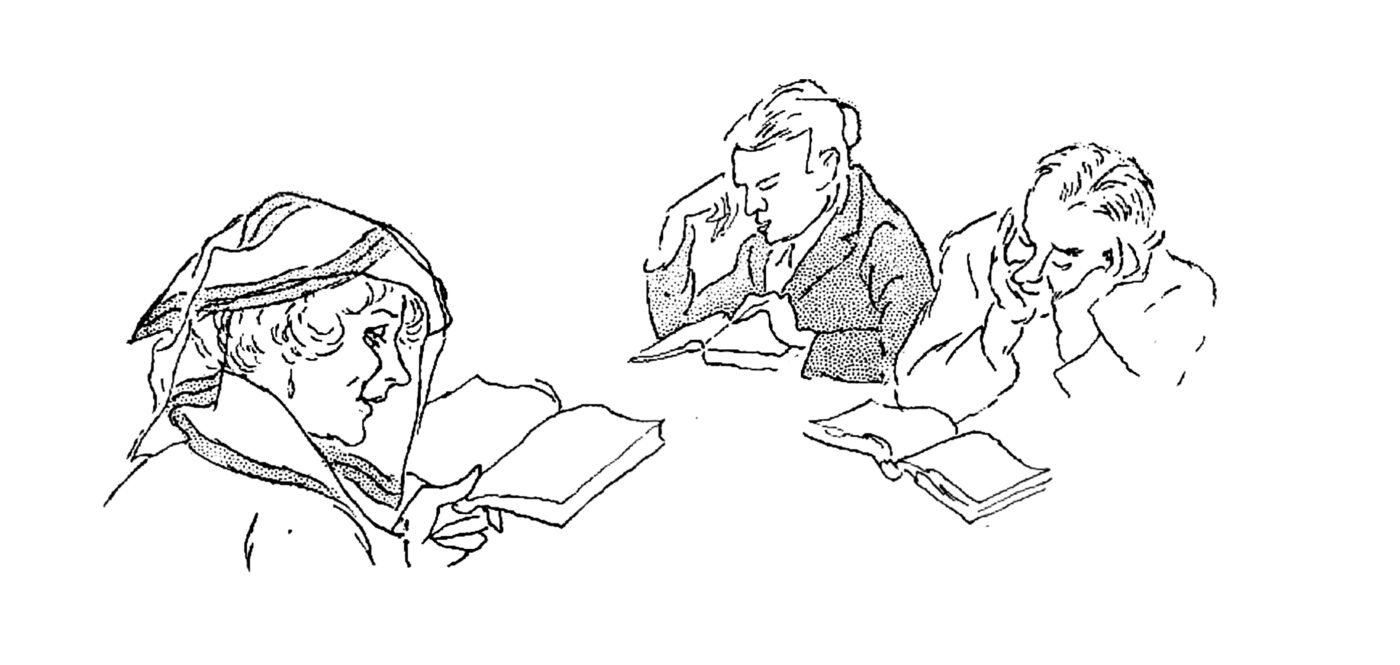
The Masses, 1916

The Masses, 1916
A few months ago, The New York Times Book Review published a much-hyped coffee table anthology in celebration of its 125th anniversary. Ten years earlier, the occasion might have prompted unbridled celebration. But this was 2021, and the volume’s introduction takes pains to chronicle the Book Review’s past sins: the sexism, racism, homophobia, and transphobia on display in the output by its mostly white, mostly male, almost exclusively cisgender reviewers. Amid plenty of cause for self-flagellation, particular delight seems to have been reserved for identifying which now-uncontested literary classics the paper panned — negative reviews are tagged with an “Ouch!” in the table of contents. Any time you make a taste judgment, of course, you risk coming down on the “wrong” side of history; one alternative, perhaps, is to avoid critical decisions altogether.
Also part of the anniversary extravaganza was a highly publicized endeavor to determine the best book of the past 125 years. In 1996, the Book Review had enlisted critics and scholars to help with a similar project — they selected Toni Morrison’s Beloved as their top novel of the previous quarter-century. This time, the experts’ process, deemed opaque and undemocratic, was discarded in favor of a three-month-long public poll. After thousands of independent nominations, the resulting list of 25 finalists included such childhood favorites as Harry Potter and the Sorcerer’s Stone, Charlotte’s Web, The Fellowship of the Ring, and To Kill a Mockingbird. In the end, readers picked the Harper Lee. (Beloved still came in at number five, after two children’s books.)
We at The Drift prefer literature for adults. If you do too, then you’re in luck. You’ll find some in these pages: four short stories and one novel excerpt — all chosen by us, no crowdsourcing involved. Normally, we publish one or two stories in each issue, but this time around, we’re introducing a new and expanded fiction section. We hope that our magazine can be a platform for emerging writers of fiction as well as nonfiction.
Literary fiction is at, to quote the title of a much-reviewed recent novel, a crossroads. The possibilities of autofiction seem all but exhausted. The novel hasn’t quite developed the ability to portray online life without resorting to gimmicks. The question of how to assimilate the radical rupture of the past two years into our literature is an open one, and we can expect a slew of good and bad answers to it over the coming decade. We don’t necessarily know what comes next, but we want to be part of it.
To that end, we’re excited to be publishing five very different works of fiction by five exciting writers who haven’t been reviewed by the Times (yet). Gabriel Smith’s “The Complete” is interwoven in a way we’d never seen before — we think more stories should use jokes as structuring principles. Less sprawling but just as intricately crafted, Lucie Elven’s “Couture” is a study in precision and understatement. In “Untranslatability,” nothing is left unstated — James Yeh gives us the recursive, picked-apart thoughts of a highly self-conscious narrator. Hannah Kauders’s “A History of Pigs in America” also features a translator, but it’s a tale of mistranslation — and the ways we sometimes misperceive the ones we love. We’re also thrilled to include an excerpt from Missouri Williams’s strikingly imaginative debut novel, The Doloriad, out this spring from MCD x FSG.
Our poetry section is larger than usual as well. Charles Rybak offers us a new way to think about climate change, while Daniel Poppick riffs on the idea of clarity in poetry. Our first-ever visual poem is by Lillian-Yvonne Bertram.
Of course, essays are still a central focus for us. Several in this issue tune in to our culture’s ambient register, picking up on background elements that can escape our notice. Mitch Therieau close-reads the “vibes” renaissance, and Emer Lucey tells us what it means, in the context of a half-century of history, to call someone “spectrum-y.” Evaluating the popular reception of Raoul Peck’s Exterminate All the Brutes, Nick Martin asks us to reexamine how we frame Indigenous history — and the rights of Indigenous people today. After watching a few too many political ads featuring cowboy hats, Nick Bowlin takes the Democrats to task for failing to understand rural America. In a reappraisal of the TED talk, Oscar Schwartz reflects on the organization’s puzzling cultural prominence during the Obama years, and its continued influence today. Spinning through the staggering list of scandals that have plagued the University of Southern California over the years, Piper French argues that we can and should do more to hold such private institutions accountable for deep debts to their surrounding communities. Kim Hew-Low puts CGI influencer Lil Miquela under the microscope, drawing a line from multiculturalism to post-racial optimism to today’s ethnically ambiguous beauty ideals. And perhaps no series of essays would be complete without an essay on essays: in his review of the latest Contemporary American Essay anthology, Jackson Arn critiques the inward turn that has characterized twenty-first-century creative nonfiction.
In our Dispatches section, we try to get to the bottom of our sense that feminism is in crisis with a series of short pieces from some of our favorite writers and thinkers — Jess Bergman, Elisa Gonzalez, Becca Rothfeld, Andrea Long Chu, Atossa Araxia Abrahamian, Rosemarie Ho, Alexandra Brodsky, and Jamie Hood. Our interview is with the philosopher Olúfẹ́mi Táíwò, whom we asked about race, class, the climate crisis, and what analytic philosophy is good for. In our Mentions section, you’ll find mini-reviews we may or may not disavow in 125 years.
“Good Lord, I can’t believe how good this book is,” began a New York Times review of a minor novel in 2019. We hope you’ll feel the same about our sixth issue.